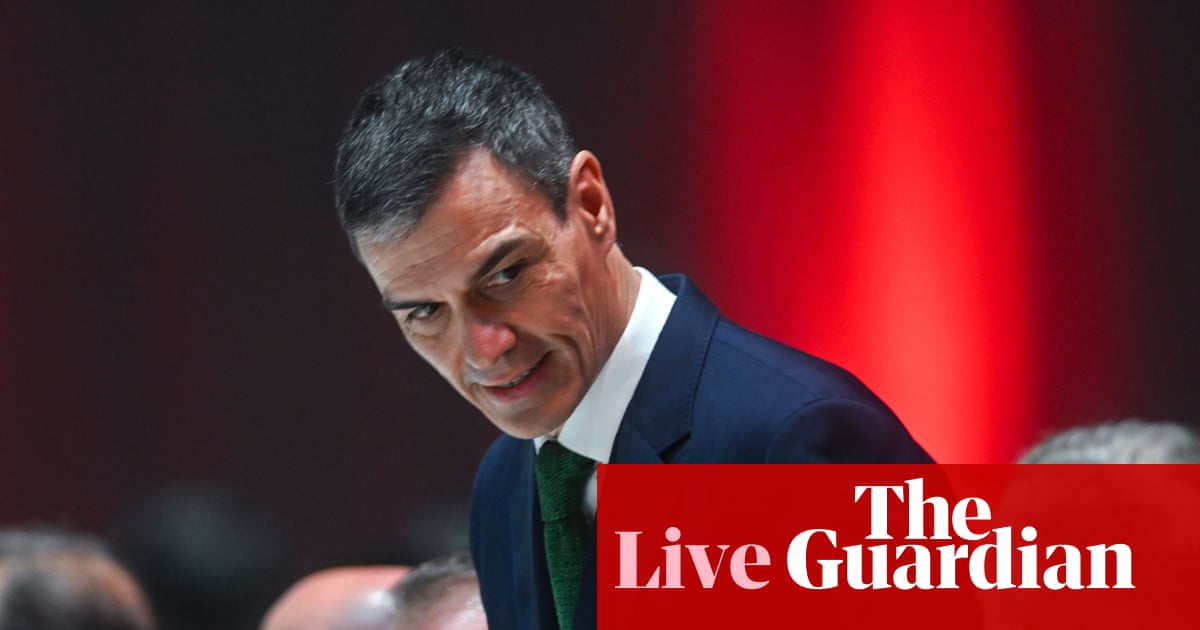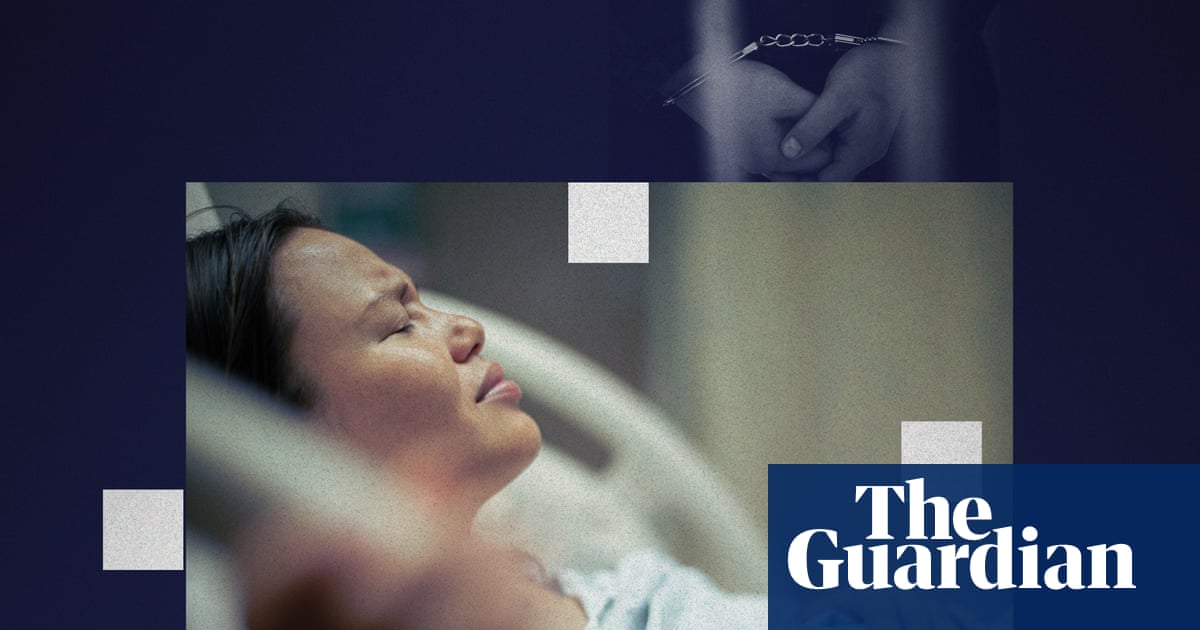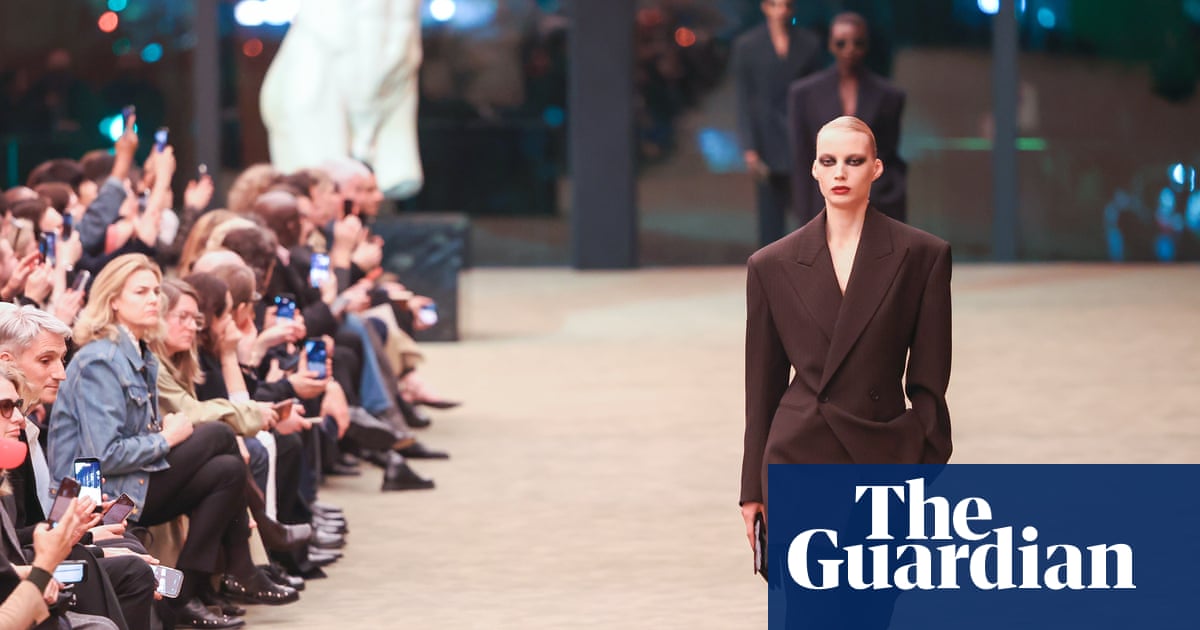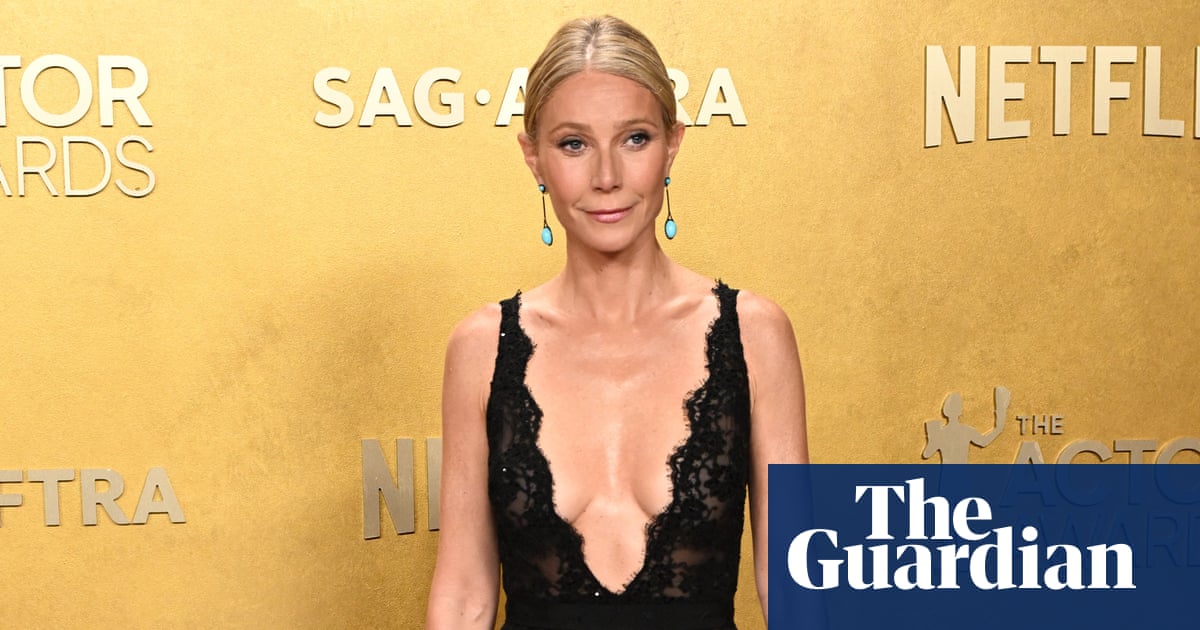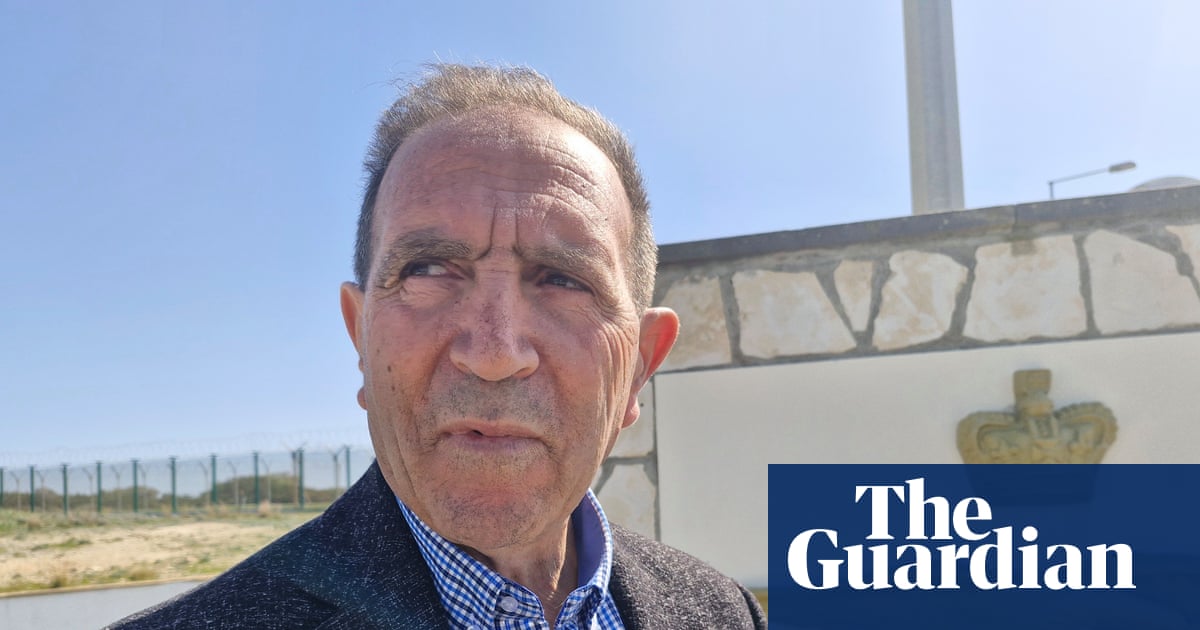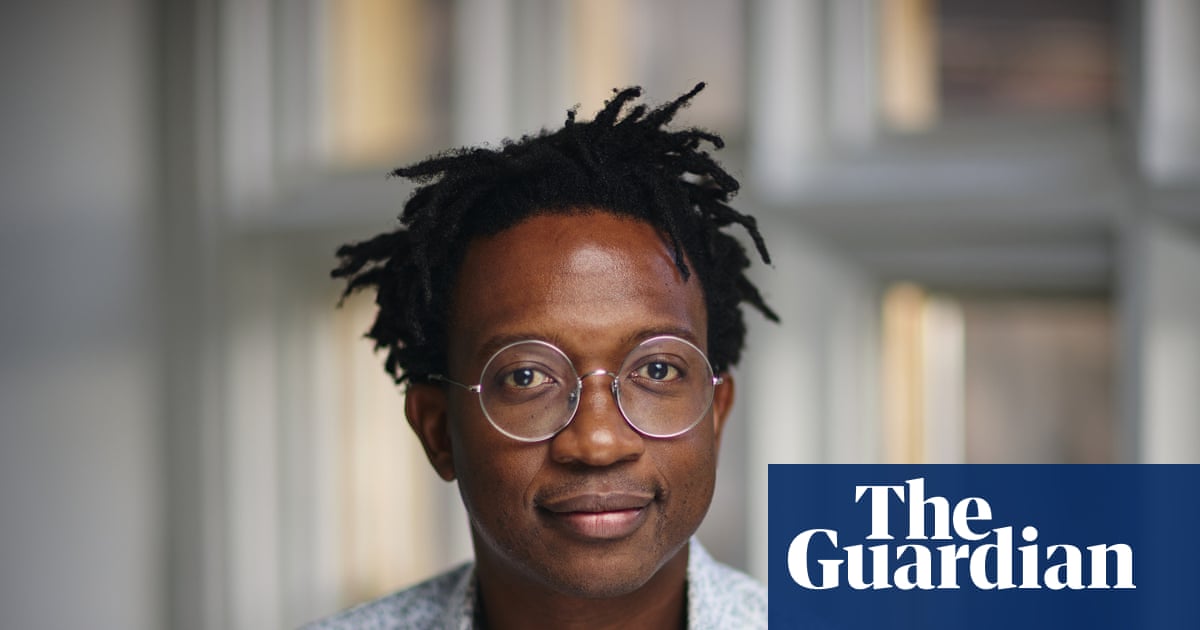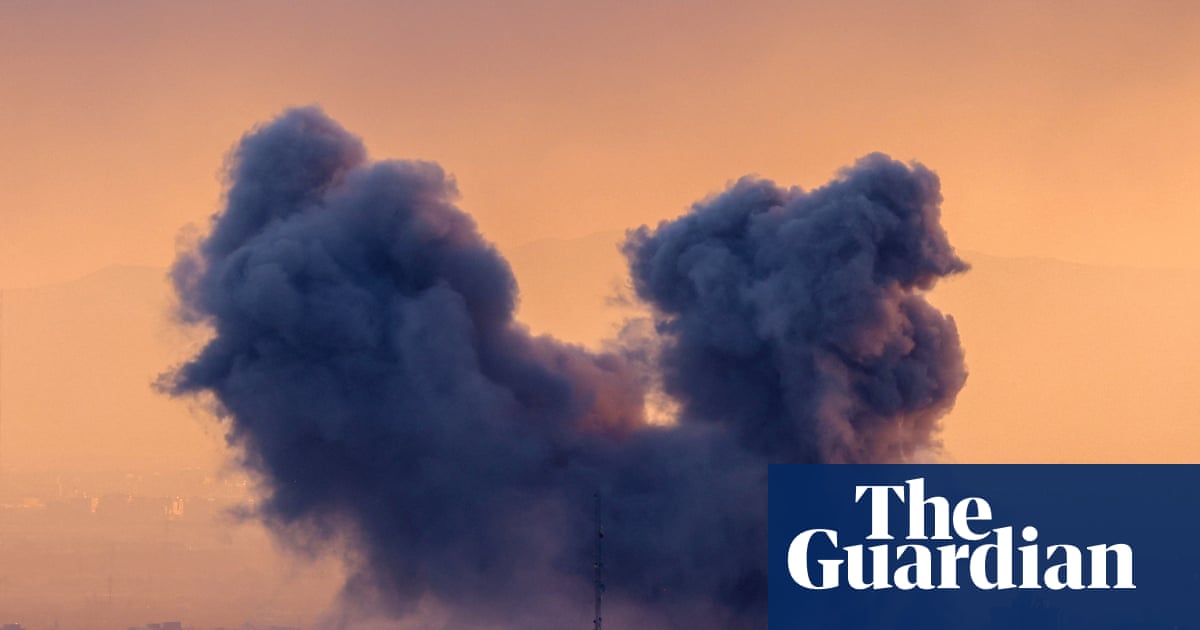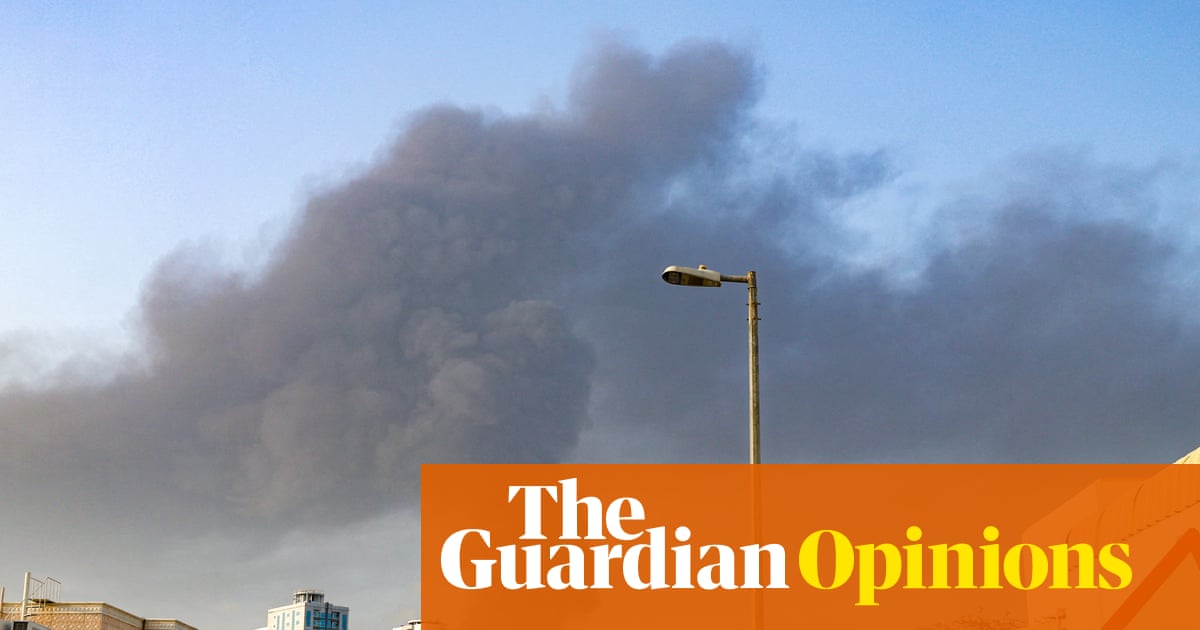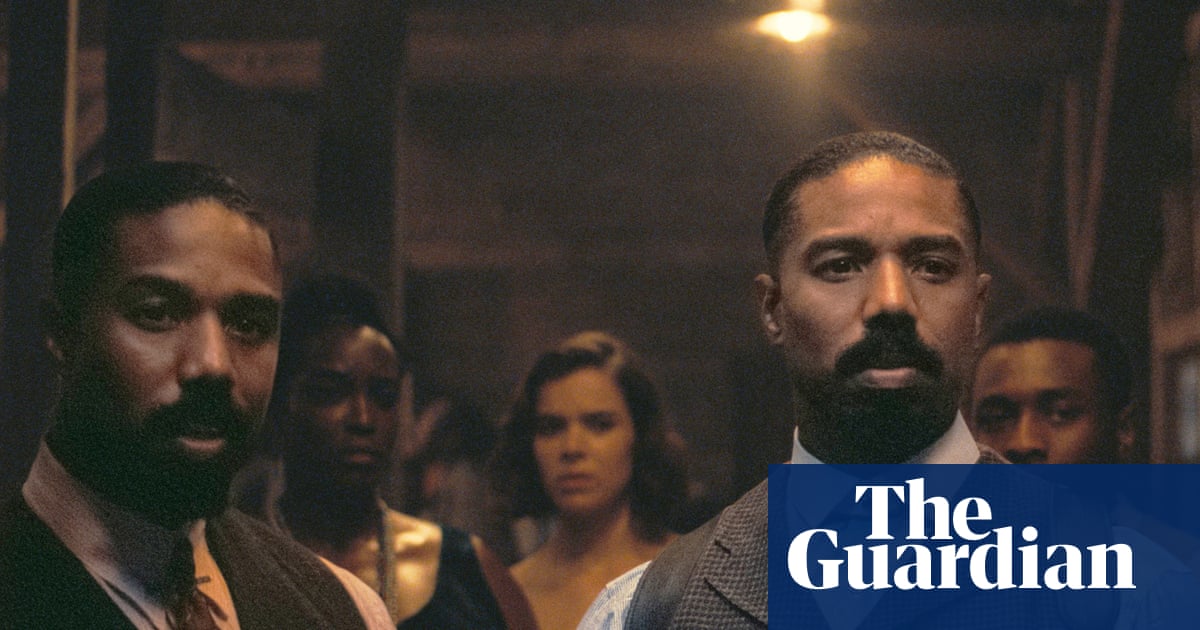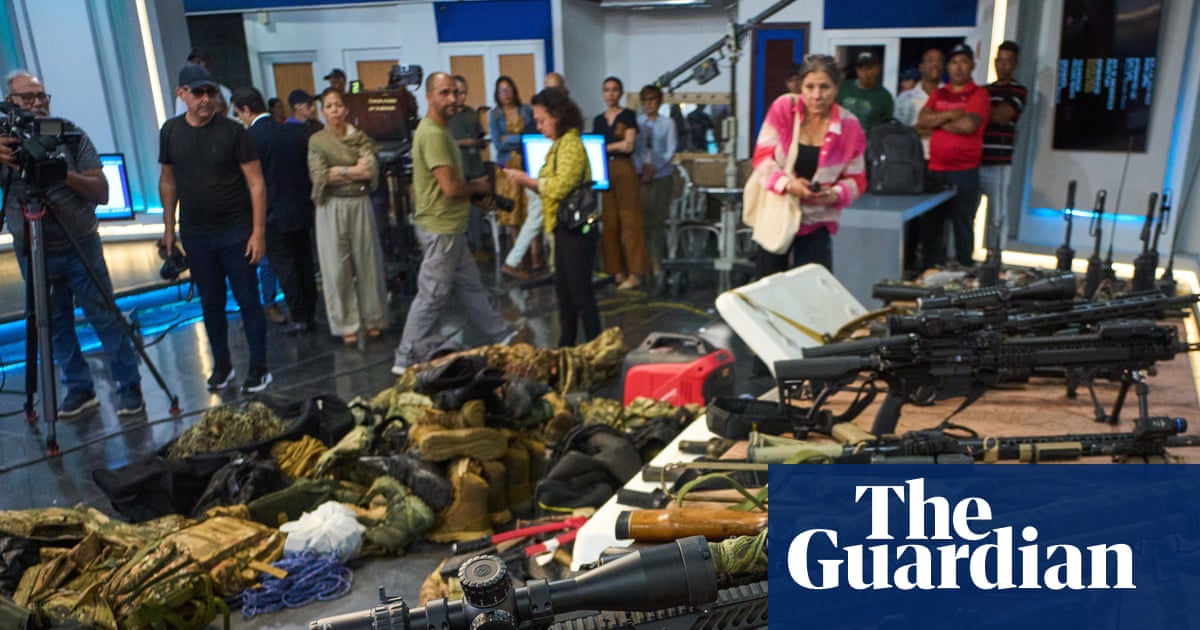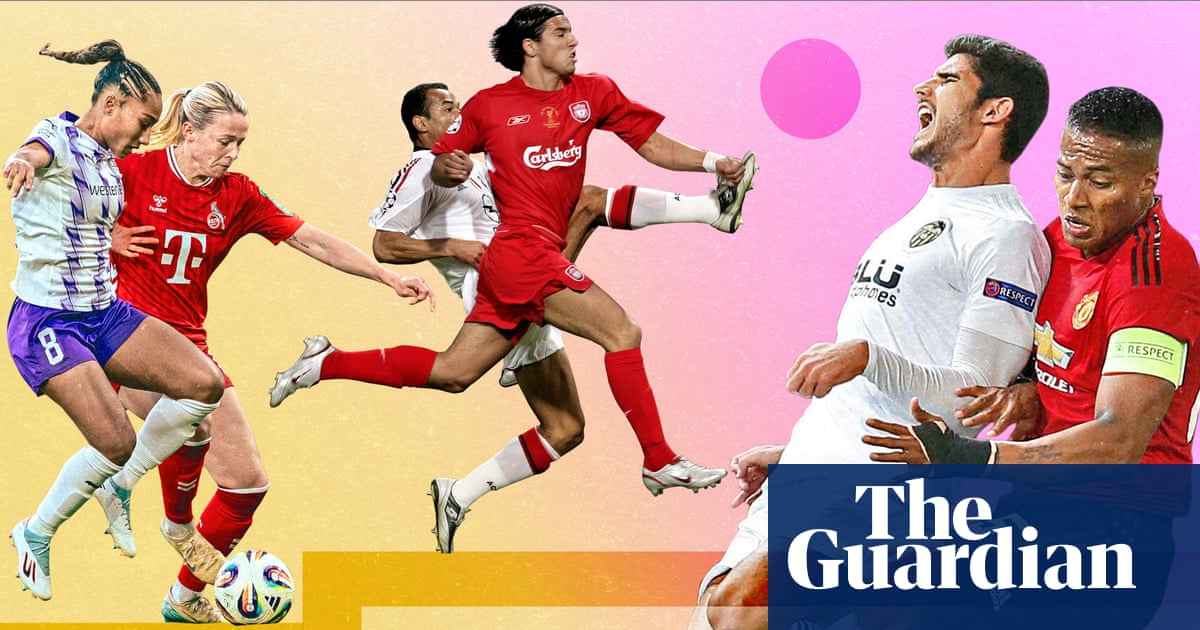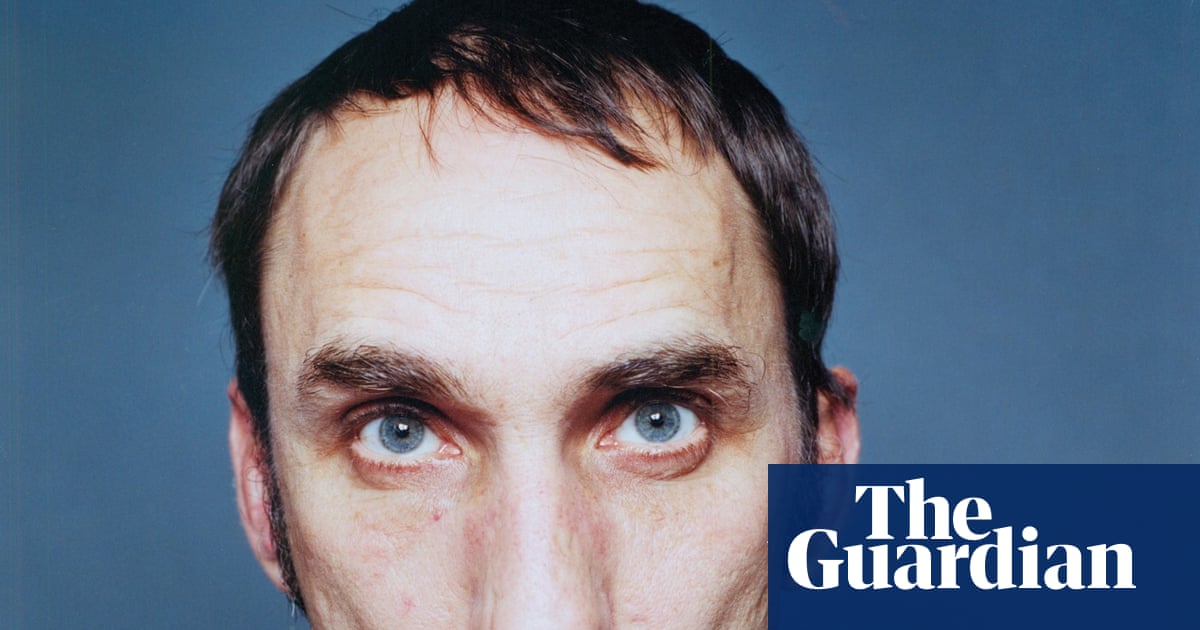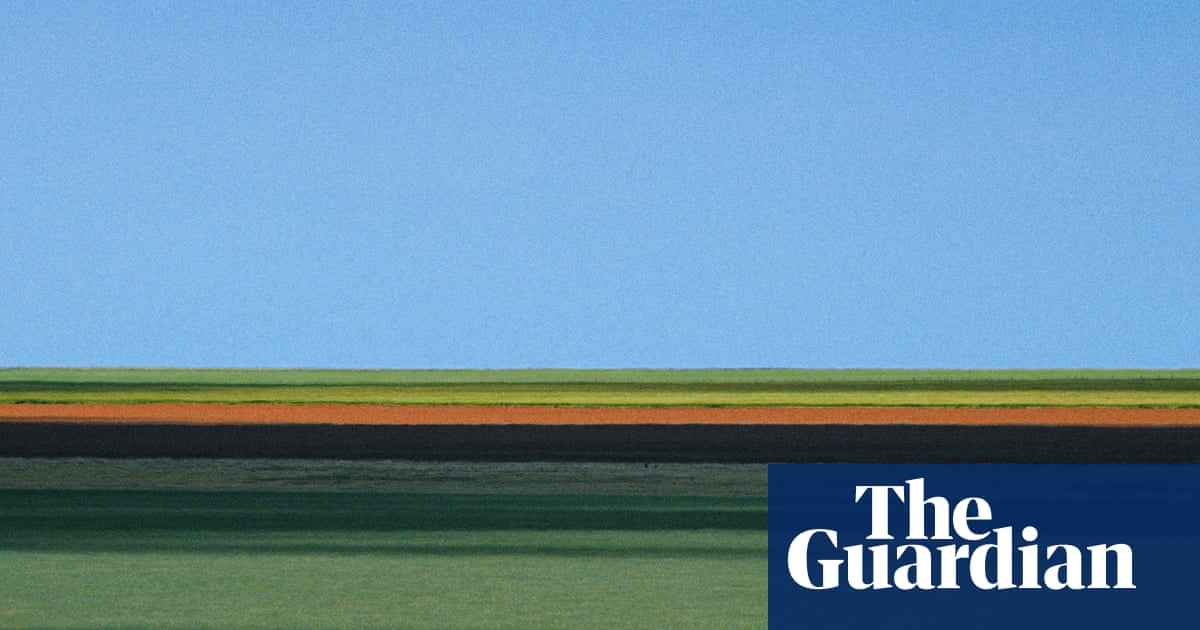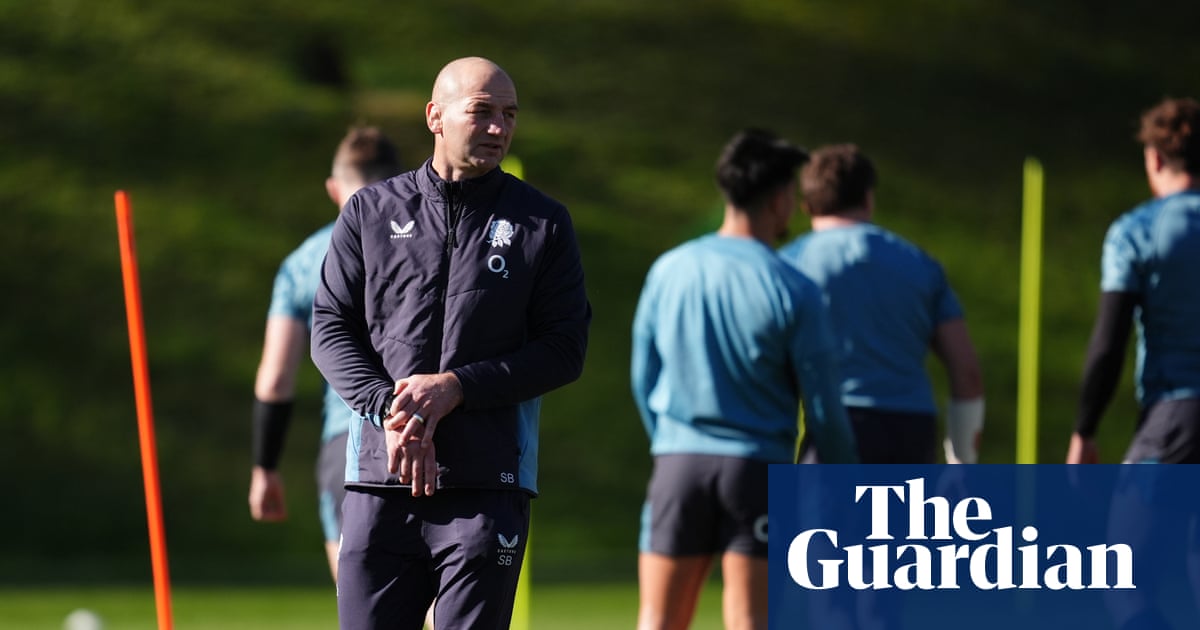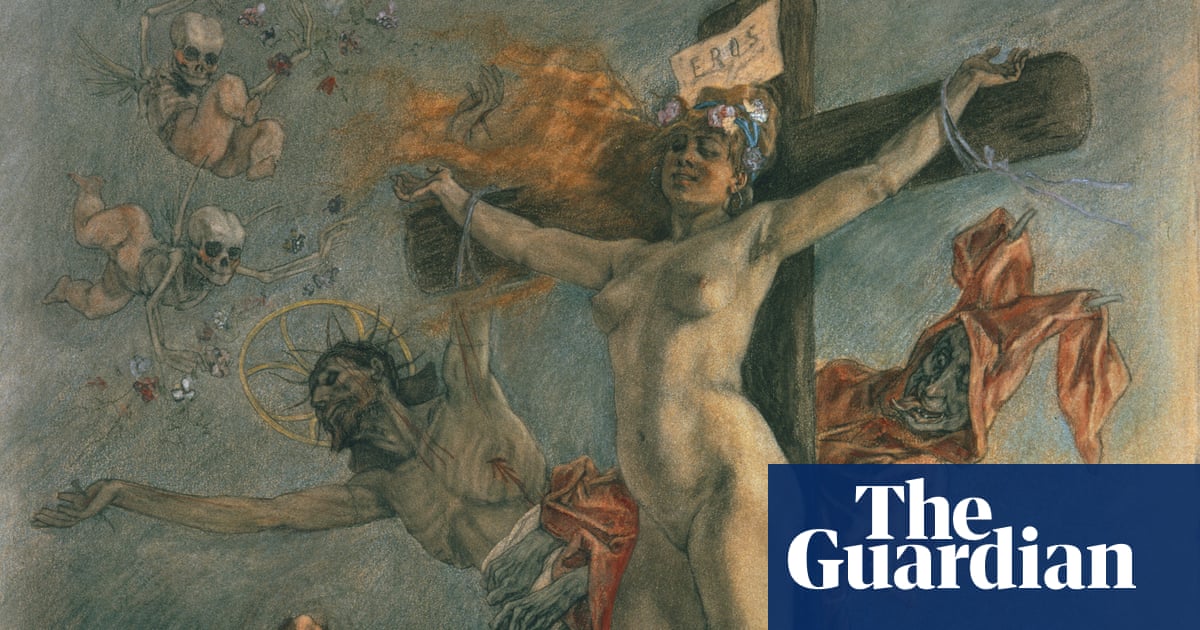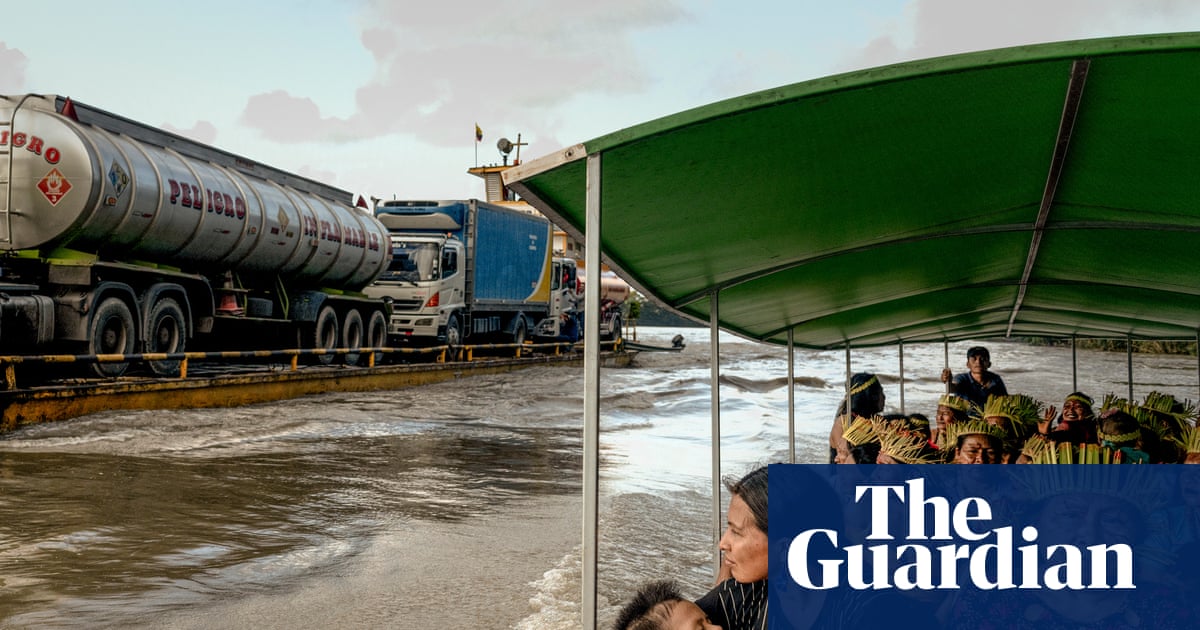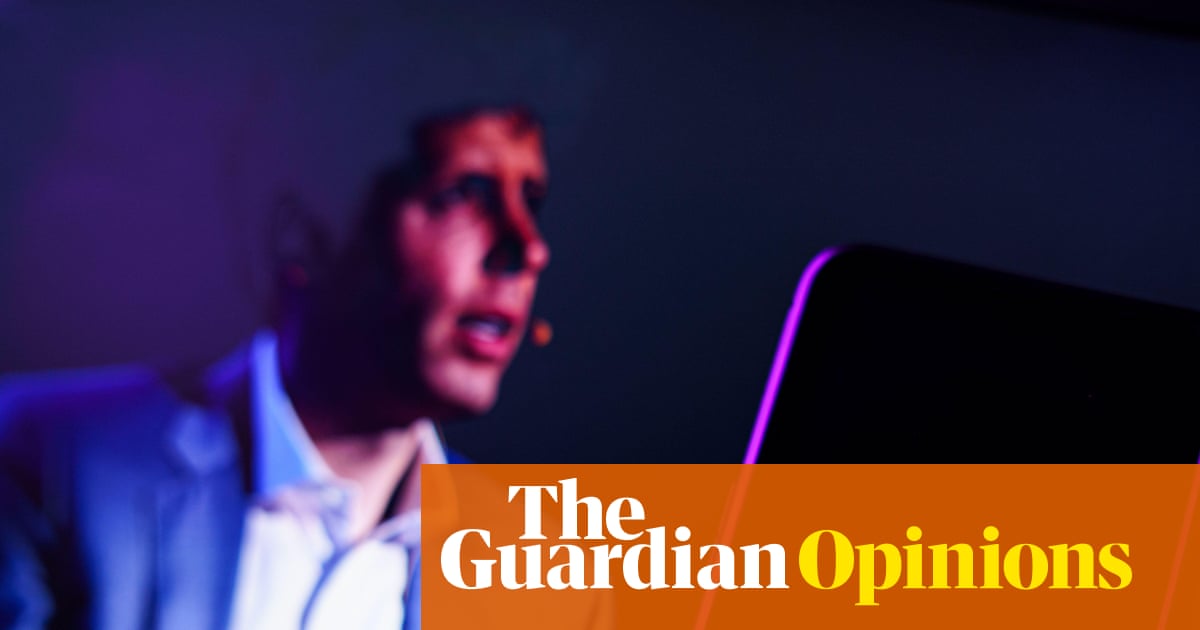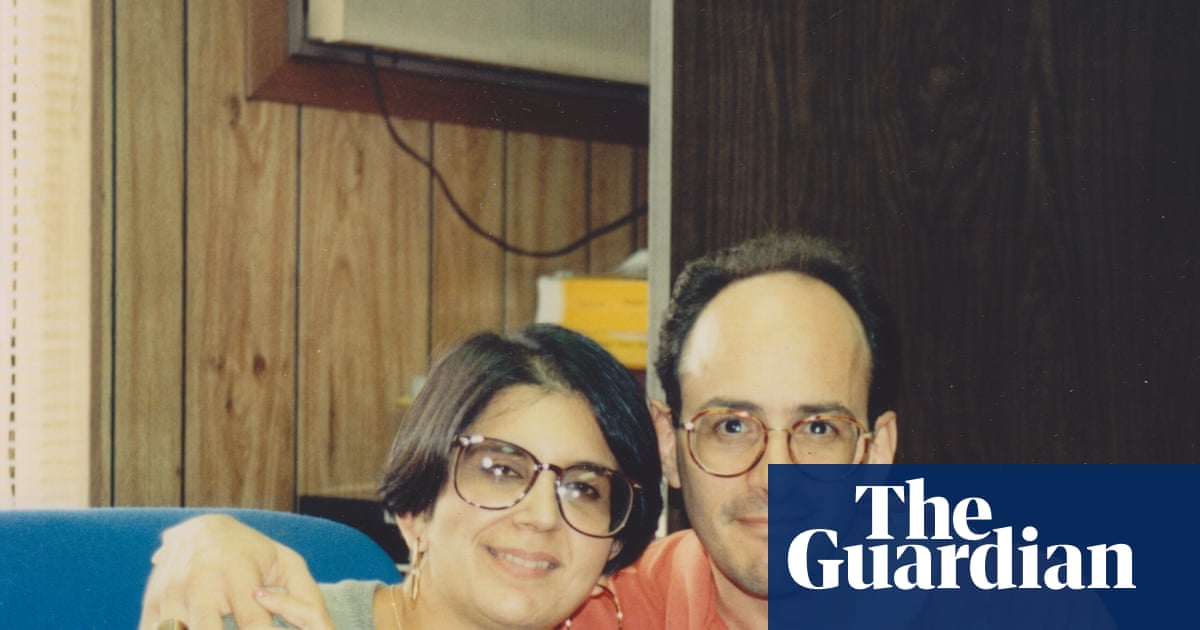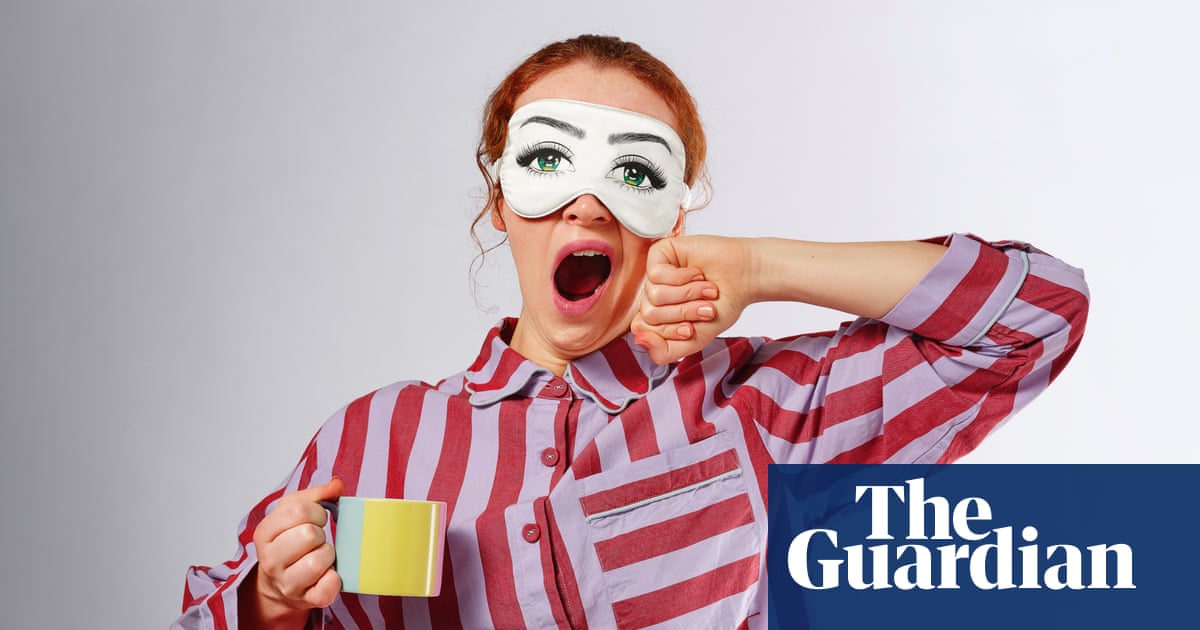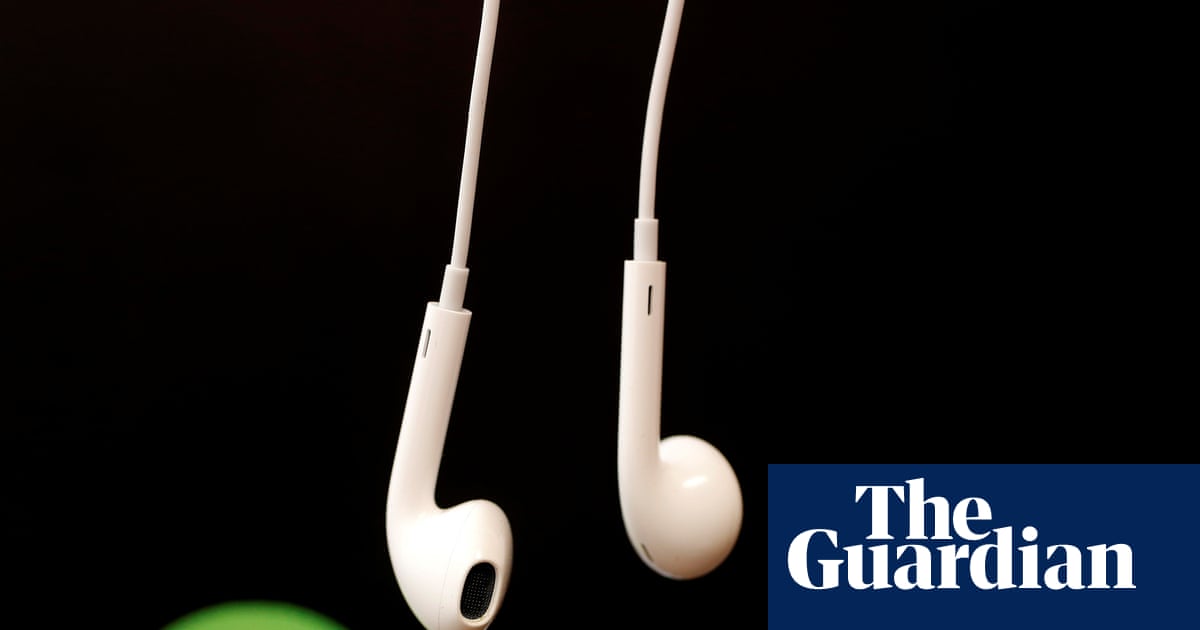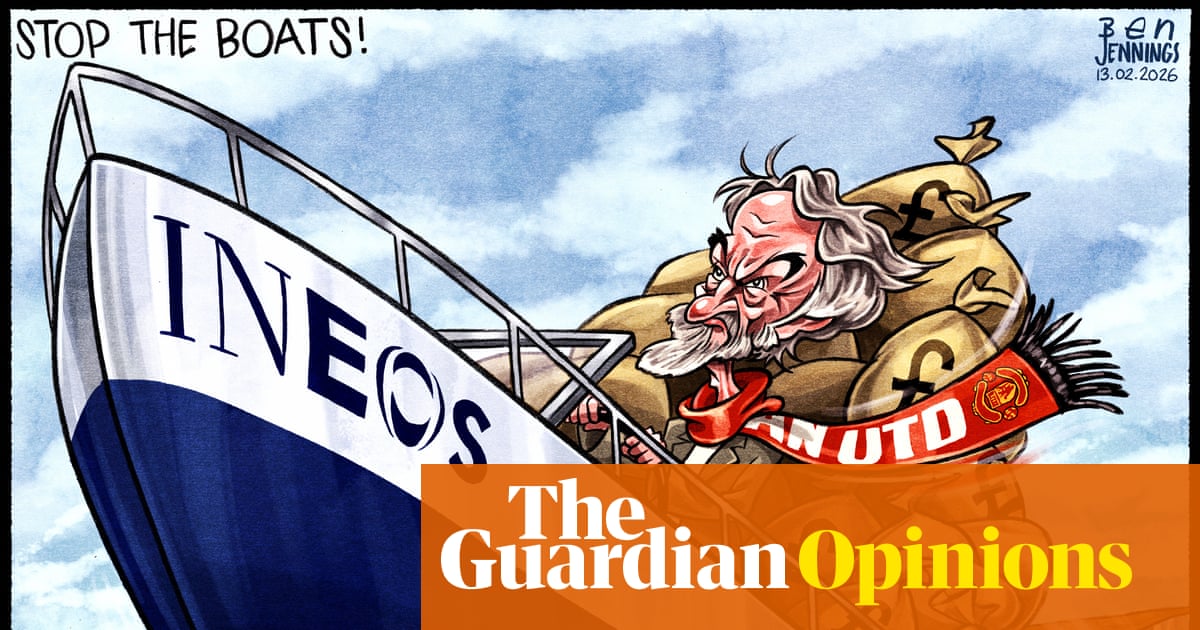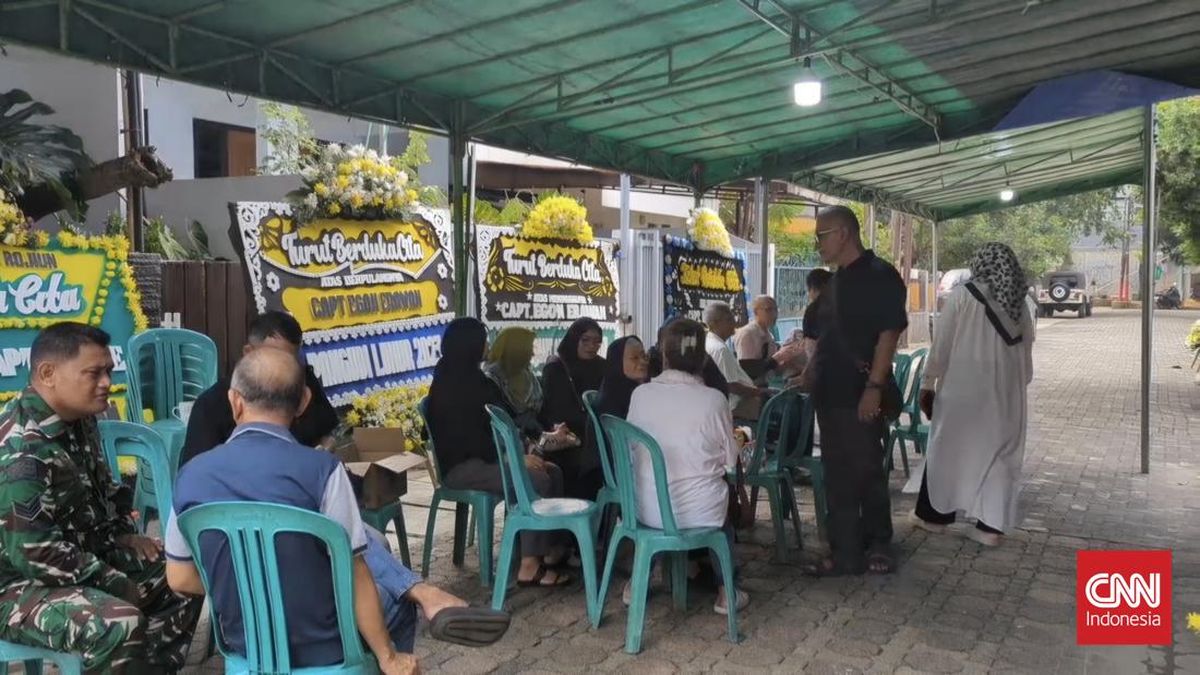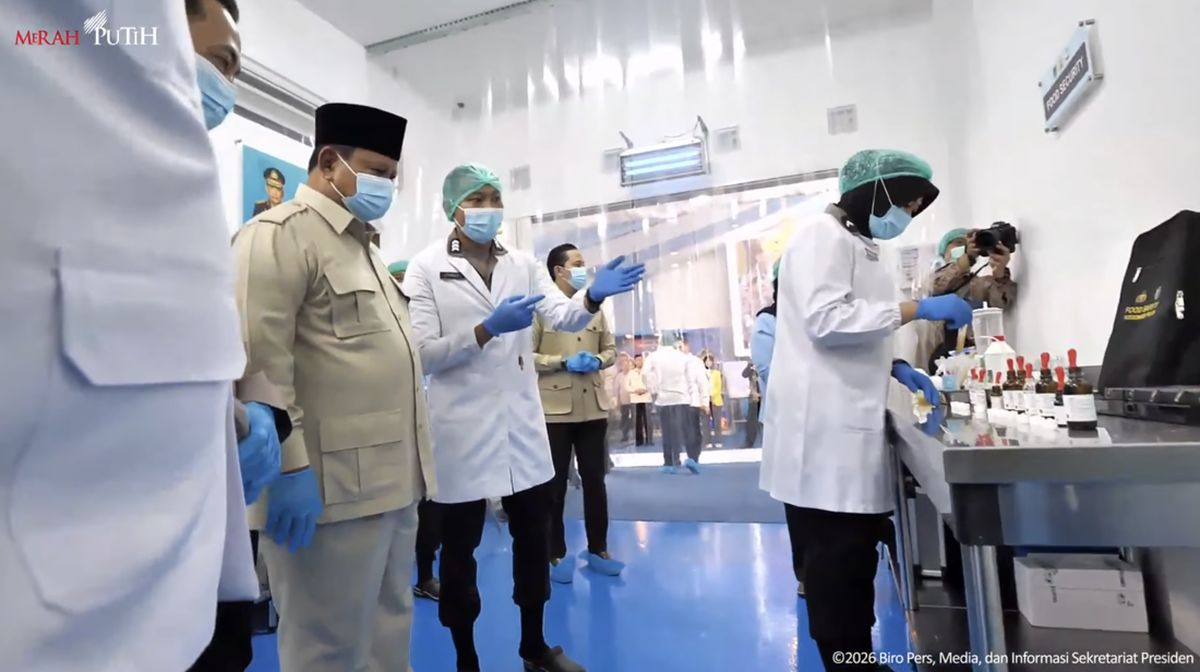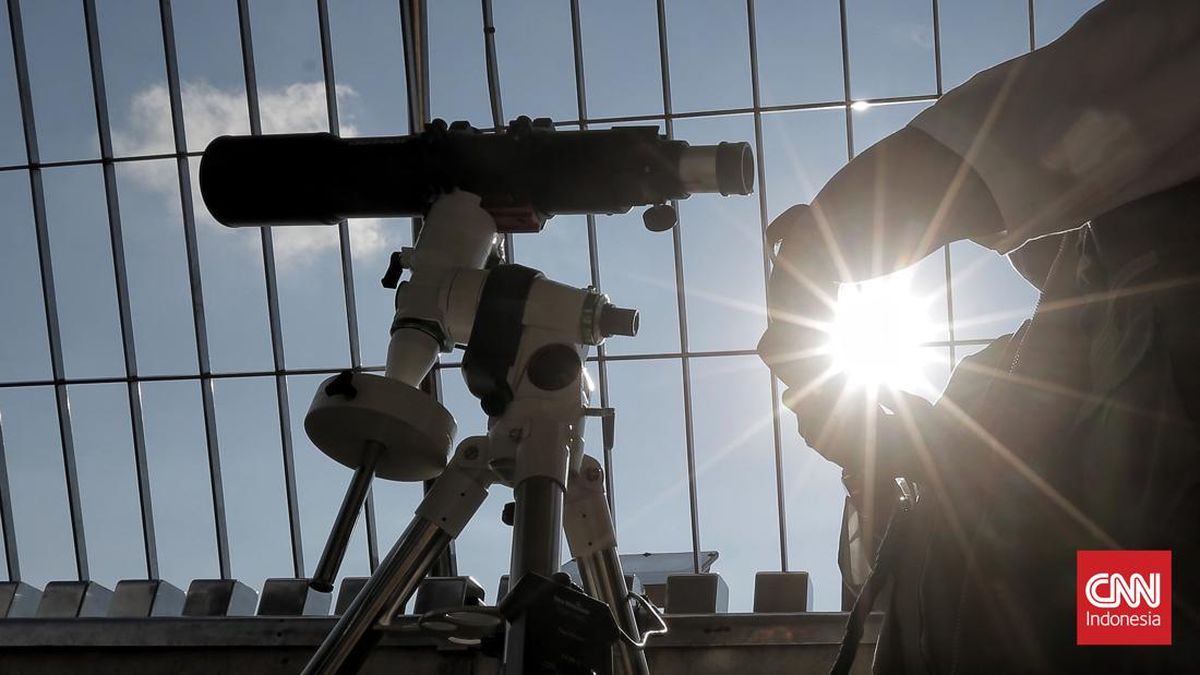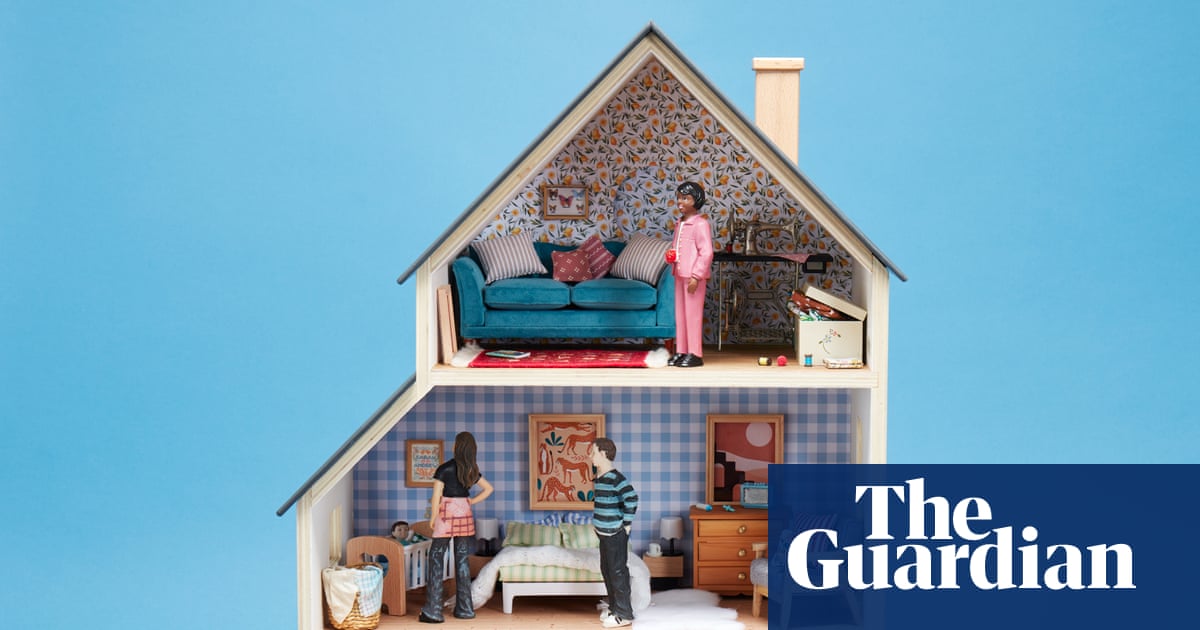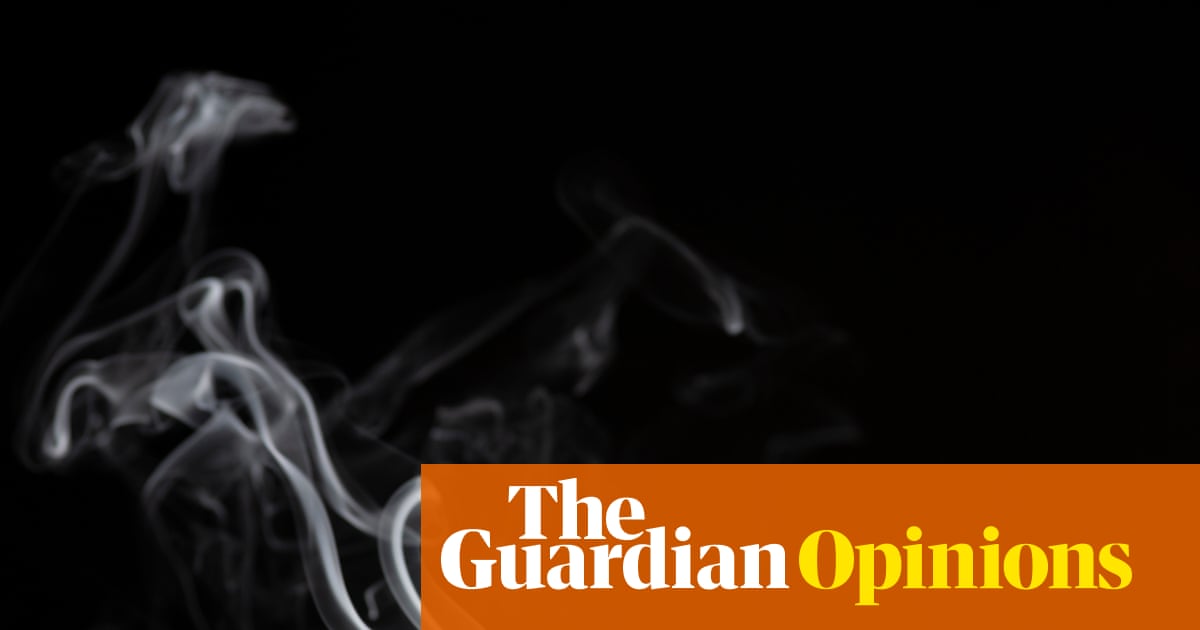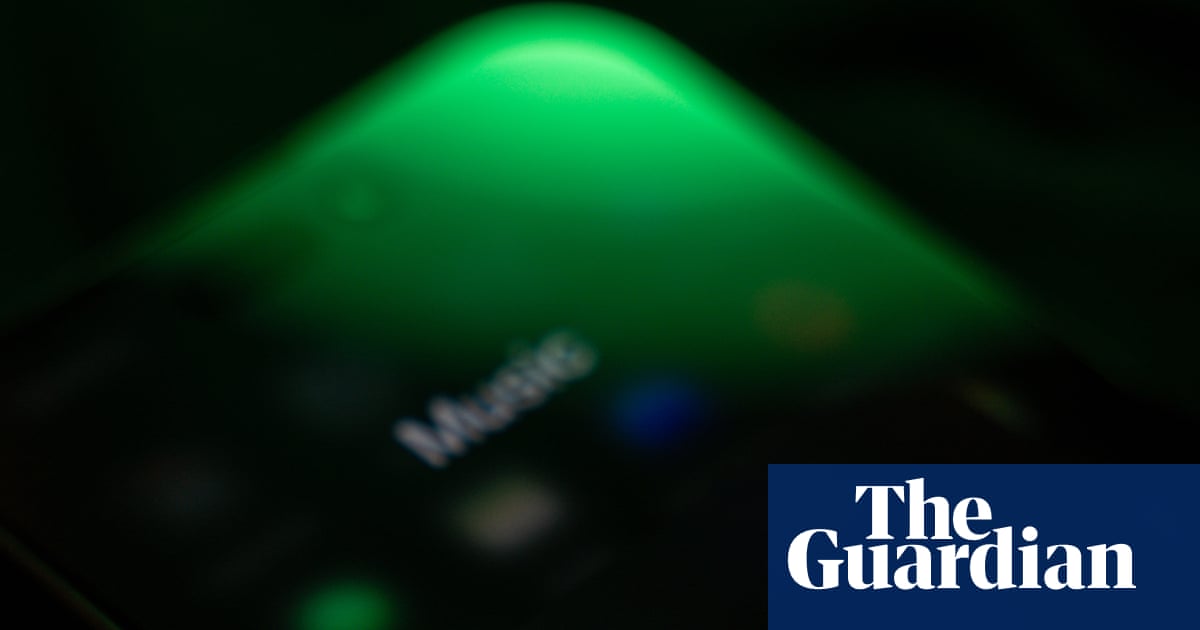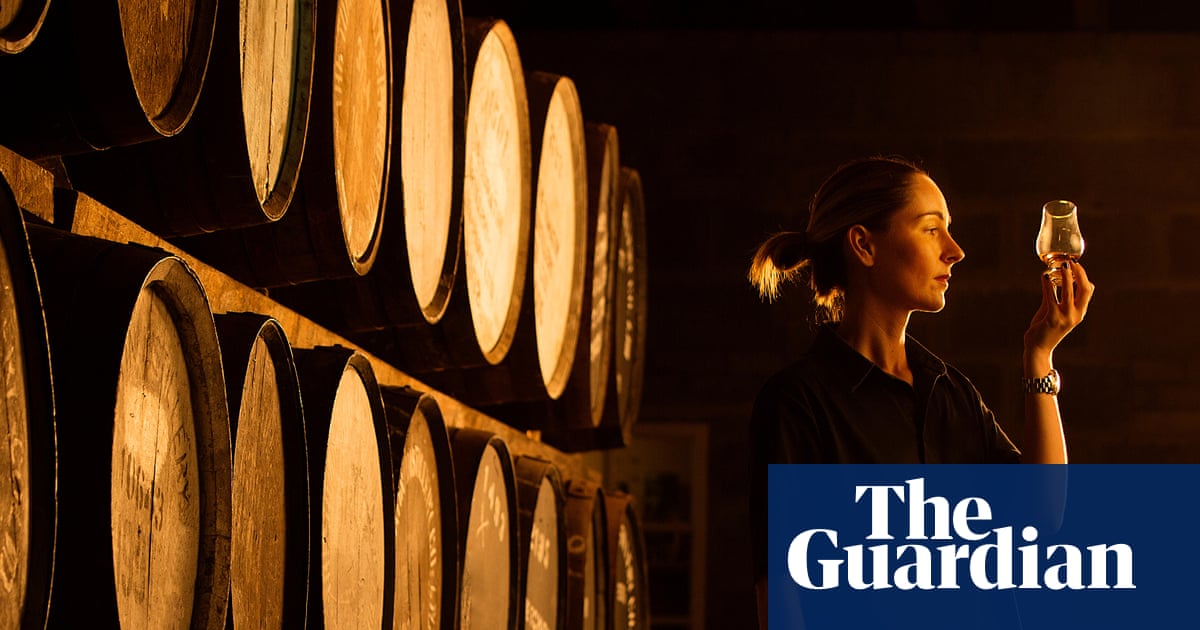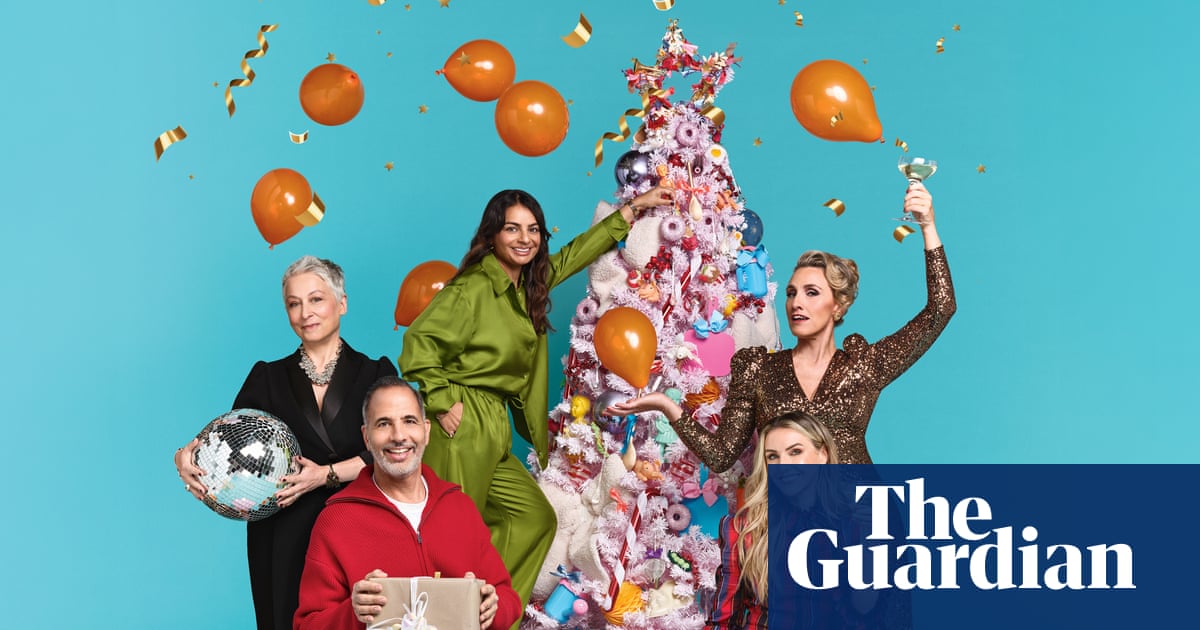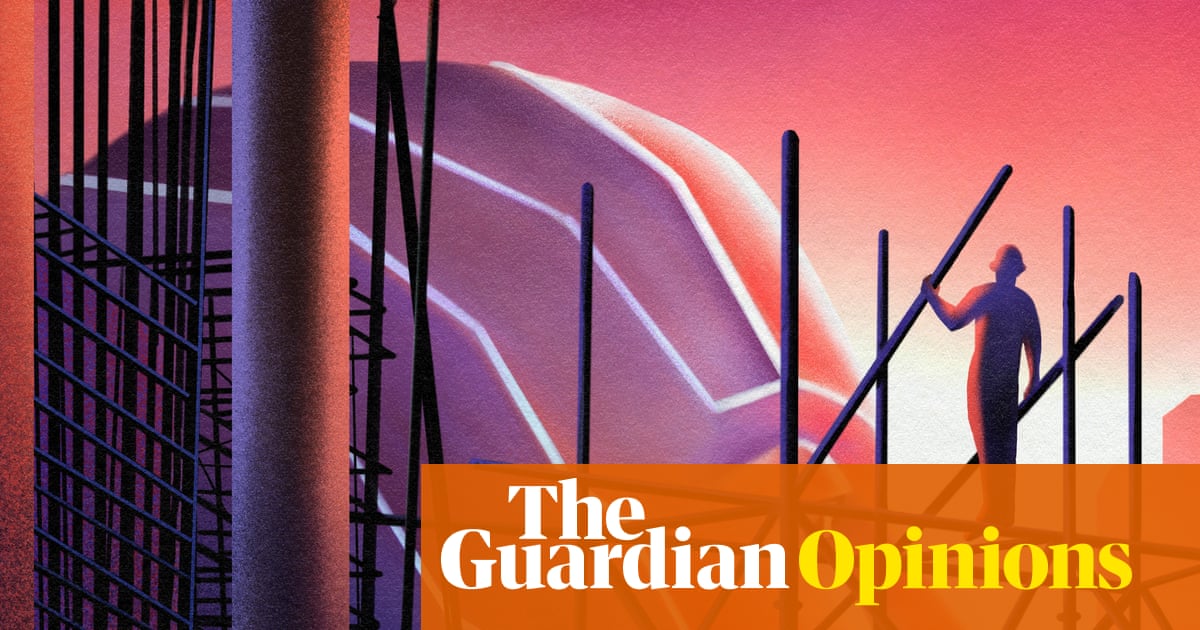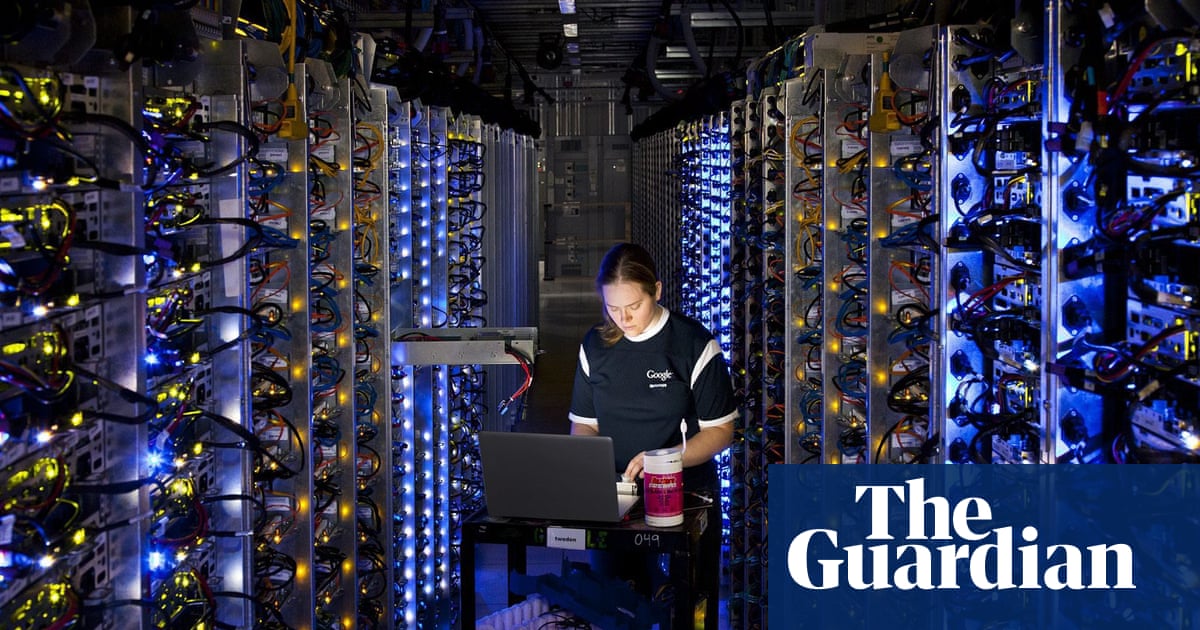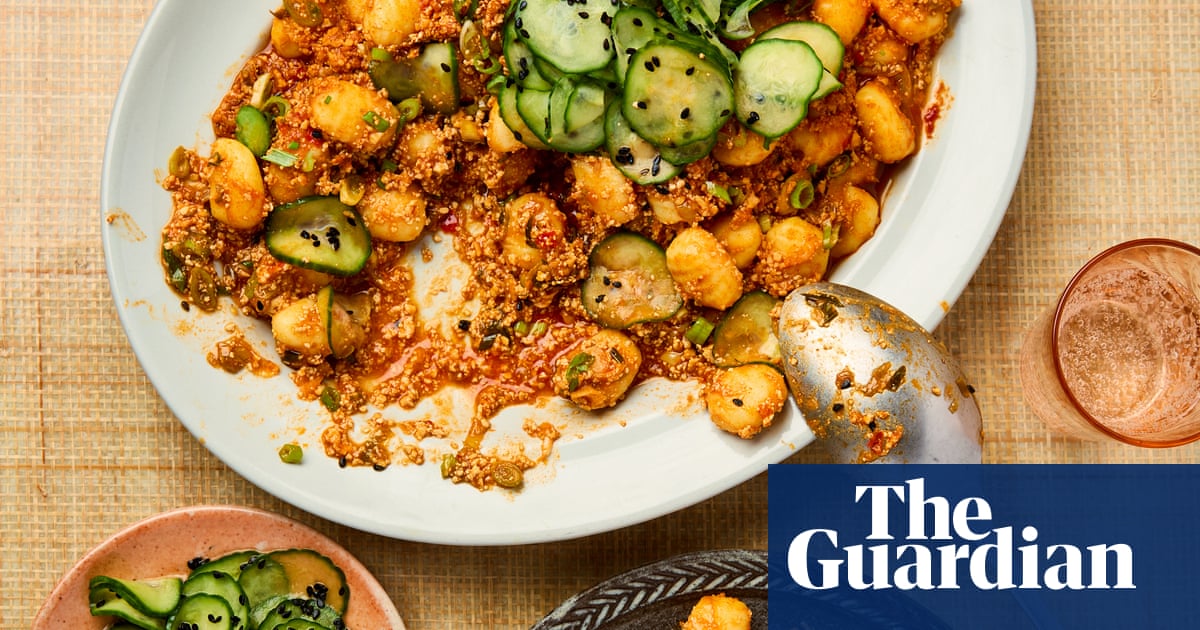It’s easy to think of models as people whose lives are full of glitz and glamour, who “don’t wake up for less than $10,000 a day”. But according to New York-based Danielle Mareka, 27, and 62-year-old Dee O, who lives in London, the reality for most models is a constant hustle to get noticed.
That’s not to mention keeping up with the fashion world’s changing landscape: since O began modelling in 1983, the internet and social media have transformed the way the industry operates. And models are now navigating innovations such as AI models appearing in Vogue and the impact of GLP-1 weight-loss drugs on the sector. O and Mareka met to discuss their careers past and present.
How did you get into modelling?
Dee O: I came from an Irish immigrant working-class background, and grew up in Birmingham. My boyfriend, without me knowing, entered me into a Face of 1983 competition. I think I was 17 or 18 at the time. Then I suddenly heard from Look Now magazine, saying we’d like you to be part of the Birmingham finalists. I won the Birmingham final, so I, along with girls from all over the country, went to London for a weekend and they put us up in a hotel. I didn’t win Face of 1983, but the agency running the prize still asked to represent me. So I started commuting back and forth from Birmingham, catching coaches from Victoria at 2am after eating some horrible sandwich.
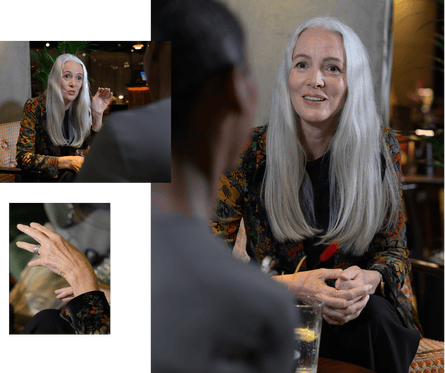
Danielle Mareka: I was born in New York to Guyanese-American parents, and grew up watching America’s Next Top Model. That really influenced me wanting to be a model, but my family said I had to wait until I got to college. I kind of dabbled in my teens, but if it interrupted school that was a huge no-no. When I was at NYU studying for a public health degree, I ran track and someone on my team was into photography. That’s how it started – we were in one of the dorm rooms taking photos and then, for fashion week, I would look on Instagram to find casting directors or designers. Then I joined this boutique agency WeSpeak, which was started by a model and is all about models speaking up for themselves.
How have your careers gone since then?
DO: When I was about 29, I drifted out of modelling and decided I needed to get a real job. I went to university and then worked in education. Then my daughter, who’s 27 now, started modelling, and she encouraged me to get back into it. I was really reluctant to do it. Anyway, here I am five years later – I signed with the Grey agency, which has very diverse models, and jobs still come along. I actually love doing it now because I don’t have that same stress I had when I was younger.
DM: After five years, I took a break from WeSpeak because I wasn’t sure if I’d peaked out. I tried this new agency for a year and a half, which was more traditional and corporate. We really did not connect, and we both thought it was best for us to go our separate ways. I found myself back at WeSpeak, and while I’m in London doing shows with one of my New York clients, I’ve been shopping around for a UK agent. A lot of people don’t give feedback – they just said I’m not quite right for them.
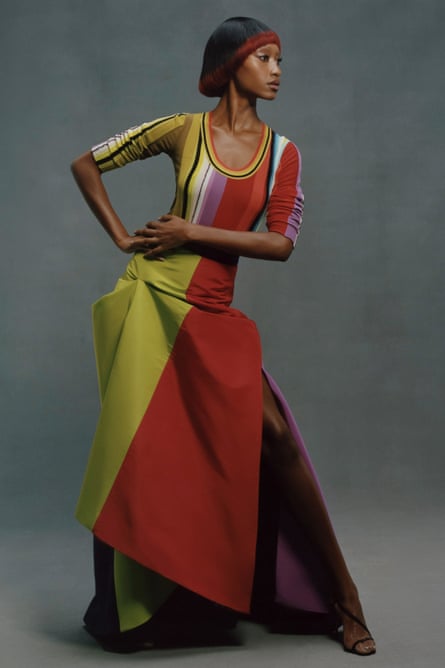
DO: It’s always so vague! It’s so hard because you want to grab them and go, can you just be honest with me? And say, you’ve just signed 20 other girls and five of them are my fucking twin.
Dee, how has being a model changed since you started out?
DO: Back then, you weren’t talking to anybody, the agent talks to everybody – it’s like: that’s why I’m giving them 20% – you just shut up and turn up on the day with a clean face. A lot of models now, they’re writers, they’re stylists, no one is one thing. Using social media and finding your own work is how it needs to be done now.
DM: Yeah, I have a pretty solid social media presence, and during Covid I had some viral moments. A lot of my career has been me just being online and finding the person to contact.
Does being a model change the way you see yourself?
DM: Some shoots have made me think: do these people even like how I look? Do I like how I look? For a while, I honestly did not even think I was beautiful – it takes a toll on you.
DO: Very subtly, if we are constantly putting our own needs and desires and identity aside, it’s got to have, over the long term, some kind of impact on your mental health. When I started in the early 1980s, we weren’t far after the debutantes, and the mindset was very class oriented – I felt like an interloper. There’s also the very personal side of it, when you’re comparing yourself to other women.
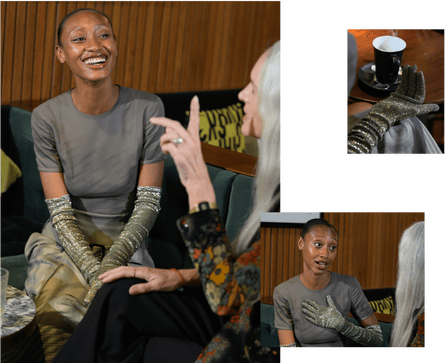
I suppose, by definition, models are seen and not heard, but does constantly having to bend to someone else’s will mean that people take advantage of models?
DO: I saw a bit of predatory, pre-MeToo stuff in the 80s. I was fairly lucky because I was a bit gobby so I think they kind of stayed away from me. But I felt it. I also felt that if I had gone out for dinner with that guy or gone to that party, I might have got more jobs. The power was with a lot of men and you definitely felt like you were disposable.
DM: I’ve always been super liberal. At NYU I was working with Planned Parenthood and giving talks about reproductive justice and women’s rights. But when I was with my previous [more corporate] agency, I found myself getting quieter about things because I was scared I would get dropped. Since then, I’ve worked with the Model Alliance, which is the closest thing we have to a union. They have been working on the Fashion Workers Act, which was passed in New York last year, which gives models more protection. But even after that, I’ve met models who have been asked by their agency to sign another agreement on top of the law. I think there are people who still prey on young people and their lack of knowledge.
DO: Yeah, the naivety and the dream and the desperation.
DM: When you join the worker council at Model Alliance, they have you sign something just to let you know that getting dropped by your agent because of your connection to the organisation is a possibility. I did not have any idea it was that serious or that taboo.
The Fashion Workers Act is an amazing achievement. Is progress being made in other areas?
DO: There’s still a lot of very stereotypical six-foot-something, size eight or six models on runways – you see the odd show where they throw somebody different in. There’s a designer I’ve worked with called Ashish Gupta, who deliberately uses a very diverse group of models. In fact, his show at London fashion week was all dancers and they danced around the catwalk. It’s things like that that really excite me. The other bit I am very happy to see now is people looking at where clothing comes from, what it’s doing to the planet and what [workers are] getting paid. I love fashion, but I am a vintage secondhand queen, and I’m really proud of that.
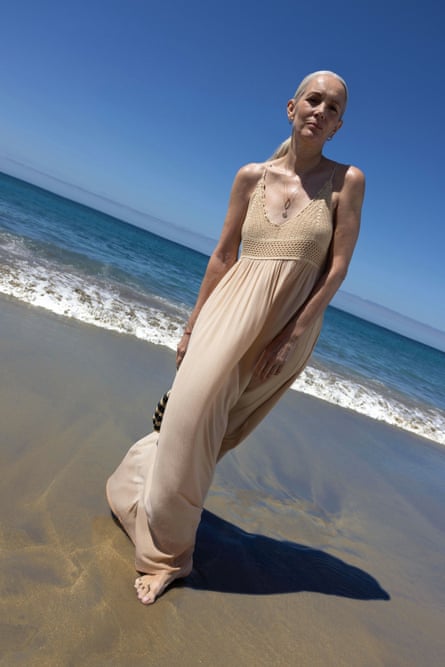
DM: In terms of Black representation in modelling, in 2020 it felt like this renaissance. After the Black Lives Matter protests, I was making so much money and I was booking so many campaigns and it felt like everyone was being represented. And now, it does feel like things have pulled back. A lot of the Black models have been dropped. The other thing on shoots is that stylists often aren’t trained to work with Black hair – I’ve ended up getting heat damage.
We hear a lot about the pressure on models to be thin. Have you experienced that?
DO: There was a girl I shared a flat with in my early days. She was naturally about a [UK] 12 [US 8]. She lived on apples and rotted her teeth, and was bulimic, just to try to make the agency she was with accept her and get down to the size they wanted. In the end she got really sick and fell apart and went back home, and that was the end of that. I’ve never forgotten that, and she’s not the only one.
DM: Naturally this has been my figure for years, and I feel like because of that I might not know or perceive as much of that demand to be thin because I already fit. But when I first started pursuing this, because I was running track I was a lot more muscular, and I remember a meeting when I was told: “You’re going to have to change your measurements,” and that wrecked me mentally.
DO: It has a massive impact on your psyche. But at the same time you’re seeing such huge diversity out there in sizes and shapes now. Although it still seems to be, even when you see the curvaceous girls, they’re still pigeonholed – they’ve got to have that hourglass figure.
There are now countless ways to change your appearance, from Botox to weight-loss jabs. Have you noticed these innovations making an impact?
DM: When it comes to weight-loss jabs, my curve model friends are saying there’s a shift there and they haven’t been booked for as many runway jobs.
DO: At one job they stuck those strips of tape on my face to pull back the skin. I was like, if you don’t want my face, why don’t you just book someone a bit younger? I think they’re just as confused as we are. I haven’t had Botox or plastic surgery and I have fought against it. Other models of my age group on shoots have said: “Oh yeah, I’ve just had a bit.” That feels like a massive contradiction to me. But I kind of get it, I feel it sometimes, when I look in the mirror and think: “Maybe if I just …”
Are you worried about images of you being used in deepfakes or for training AI?
DM: Model Alliance have put a provision in the bill that you need written consent from the model. I do worry that my images will be used, but I don’t know how you grapple with that, because if I post on Instagram, I’ve already made myself very vulnerable.
Would you recommend modelling as a career?
DM: Yes, it’s just so rewarding and going to work is dress up and play – it gives you this inner-child feeling. But if I had a daughter or son doing it, I would want them to be older; I wouldn’t want them to start when they were 15 or 16.
DO: With my daughter, I did what your parents did: “You’ve got to finish college!” I was a little bit apprehensive because obviously I knew what she was going into, but she was very determined. I’m happy she did it. What is wonderful is that she and I do jobs together now.
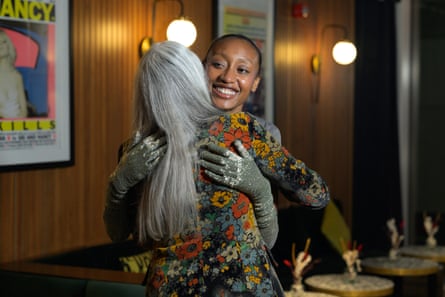
DM: I would recommend building a self outside modelling, because for a long time people would recognise me in the street from my TikTok and I kind of made it my only identity for a while. For a long time I felt so lost.
DO: I’ve travelled all over the world: for that bit alone, it’s kind of worth it. But you definitely shouldn’t let it be the only thing you’re about, because it can be taken away from you overnight.

 3 months ago
74
3 months ago
74
